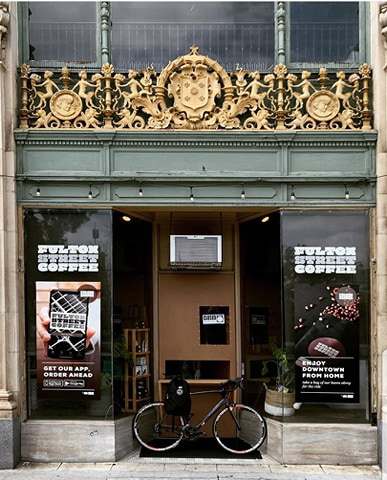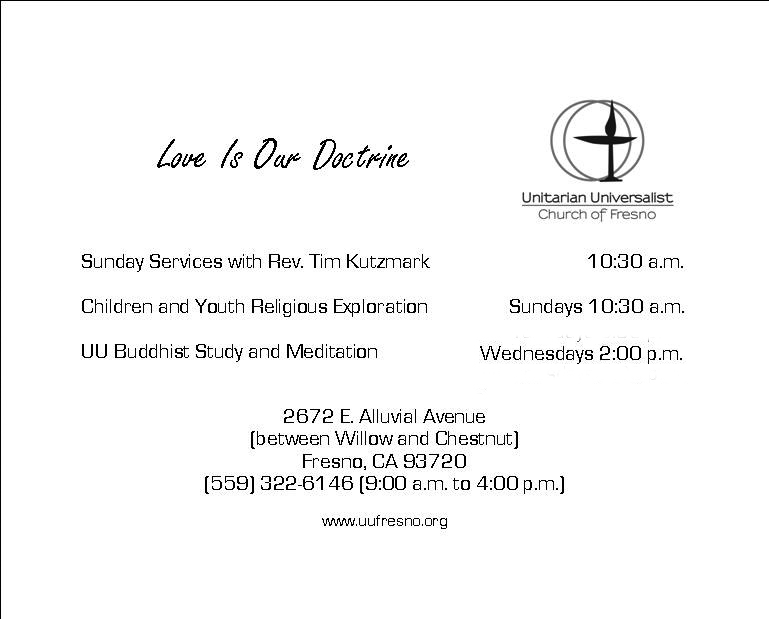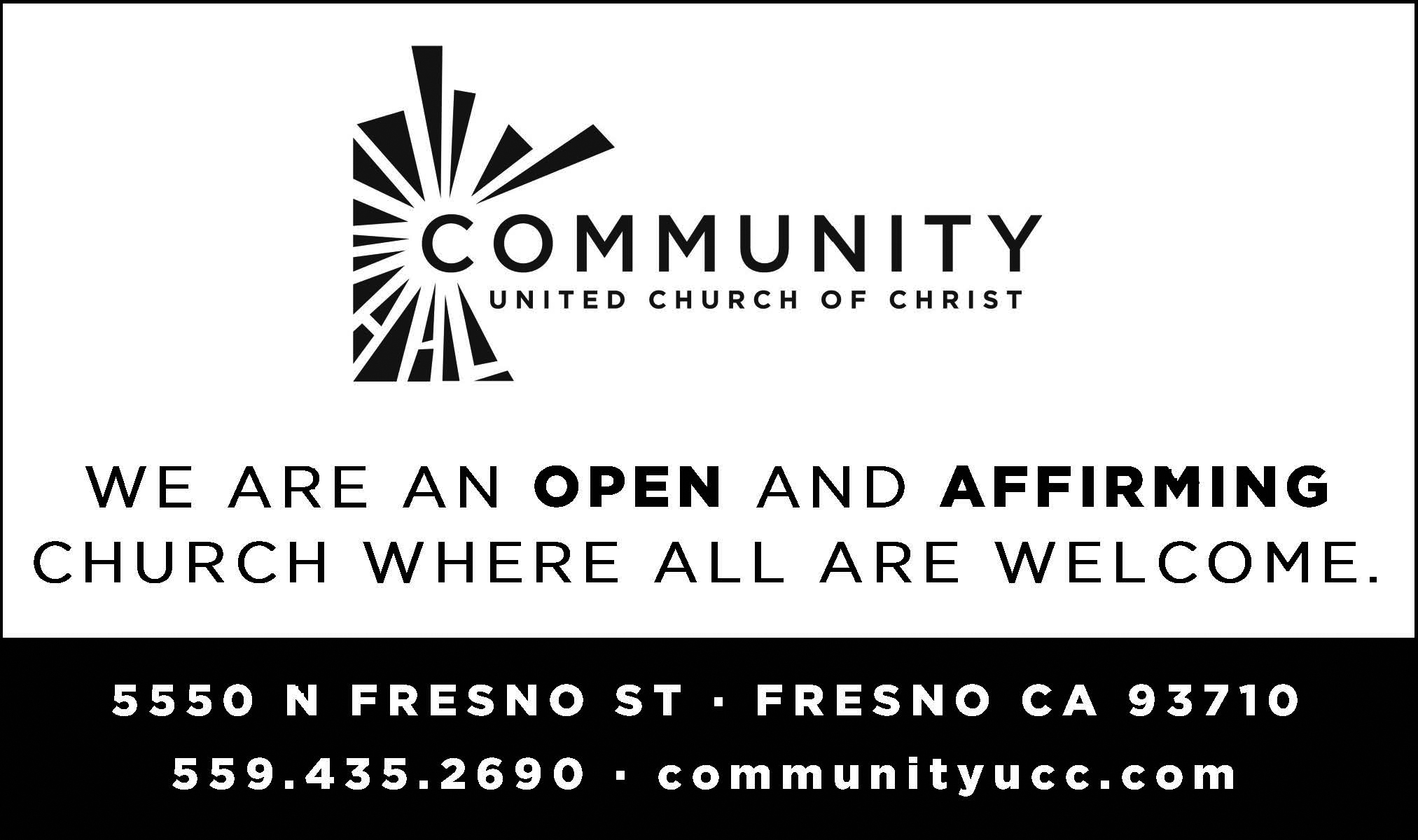
By Eduardo Stanley
The social crisis created by the eruption of the coronavirus pandemic has hurt the economy since March, when local and state governments implemented a “stay in place” policy to avoid contamination and ordered businesses where people share a limited, closed space—such as restaurants and gyms—to close.
This means unemployment and businesses closing everyday. Not all businesses suffer the same way. Actually, small businesses are hit harder because of their lack of reserves and credits to confront a crisis like this. And in many cases, they depend on clients now unemployed.
“Of course, it affected us,” said Patricia de la O, co-owner with her husband Rusel of De La O Entertainment (2411 E. Shields Ave. in Fresno), a company dedicated to Quinceañeras including all services from choreography and photos to food and music. “We got over 35 events postponed, people moved the dates. That’s why I like to say that we are now taking a break.”
De la O says she doesn’t have information about credits available to small businesses from the federal government. “I would rather not get into a loan. [I] hope this won’t last too long…We are trying to make it with our savings.”
De la O widened her business, which was founded in 2009, to include Zumba classes and package delivery and money transfers to Mexico. But these two areas of her business also are affected by the crisis, with the classes cancelled and due to the high level of unemployment people are sending less money to Mexico.

“We are getting a very few number of clients, and many of those have little money to send,” said this entrepreneur born in Veracruz, Mexico. “My husband does income tax and that helps.”
Retail sales have dropped 8.7% since March 2020, according to the U.S. Department of Commerce, the worst drop since 1992. Unemployment grows daily, and more than 17 million people have filed for unemployment. We have to add to this number those undocumented workers who are not allowed to get unemployment even though they pay taxes.
On top of this, some states put limitations on unemployment; for instance, in 2011 the Republican governor of Florida, Rick Scott, limited unemployment to only 12 weeks. The current Florida governor, Ron DeSantis, also a Republican, is under heavy pressure to eliminate some of those limitations to allow other people to qualify for unemployment.
The International Monetary Fund (IMF) mentioned that countries such as Mexico will suffer financially under this crisis, not only because of the drop of money remittances from Mexican workers working in the United States but also because of the drop in the oil price. In short, the world is going into a recession.
“This situation is hurting us pretty bad,” said Julie Lopez, co-owner of Fulton Street Coffee (2015 Tuolumne St. in Fresno; https://fultonstreetcoffee.com). “We can’t keep all employees as full timers, so we are rotating them so each one can have an income.”
Fulton Street Coffee opened in 2018 and roasts and sales bulk coffee; also, people can sip a variety of coffee drinks at the premises. It closed several days for planning purposes when the “stay in place” policy was implemented in the City of Fresno. It has tried to avoid closing for good.
“We lost 50% of our revenues, but we are still selling coffee. Many people stop by to get their drinks,” explains this entrepreneur born in La Piedad, Michoacan, Mexico; however, she likes to clarify that she grew up in a nearby small community called Ticuitaco.
“Cafe con leche (coffee with milk) is popular among our clients. We now concentrate on fast-to-prepare drinks so our clients don’t wait so long.”
Shortly after reopening, Fulton Street Coffee had to modify its entrance to a “drive-by” style (see photo).
“People show solidarity and keep on supporting us,” said Lopez. “We created an app so people can order faster what kind of coffee they want and if they want to add sugar, or milk…We also have gift cards.”
Lopez also works at an exporting company of agricultural products, and there she observed radical changes in that business due to the pandemic and its effects on the economy. “Since many ports are now closed worldwide, some exports [have] dropped dramatically,” she explains. “Take, for example, pistachios; 60% goes to China, but now this has stopped. Other products didn’t suffer.”
Overall, many businesses such as Fulton Street Coffee have had to be creative to survive. And the Internet came to the rescue. “I see lots of small businesses depending on the Internet to stay afloat,” said Lopez. “Many things are changing.”
*****
Eduardo Stanley is the editor of the Community Alliance newspaper. Contact him at editor@fresnoalliance.com.
Advertising



